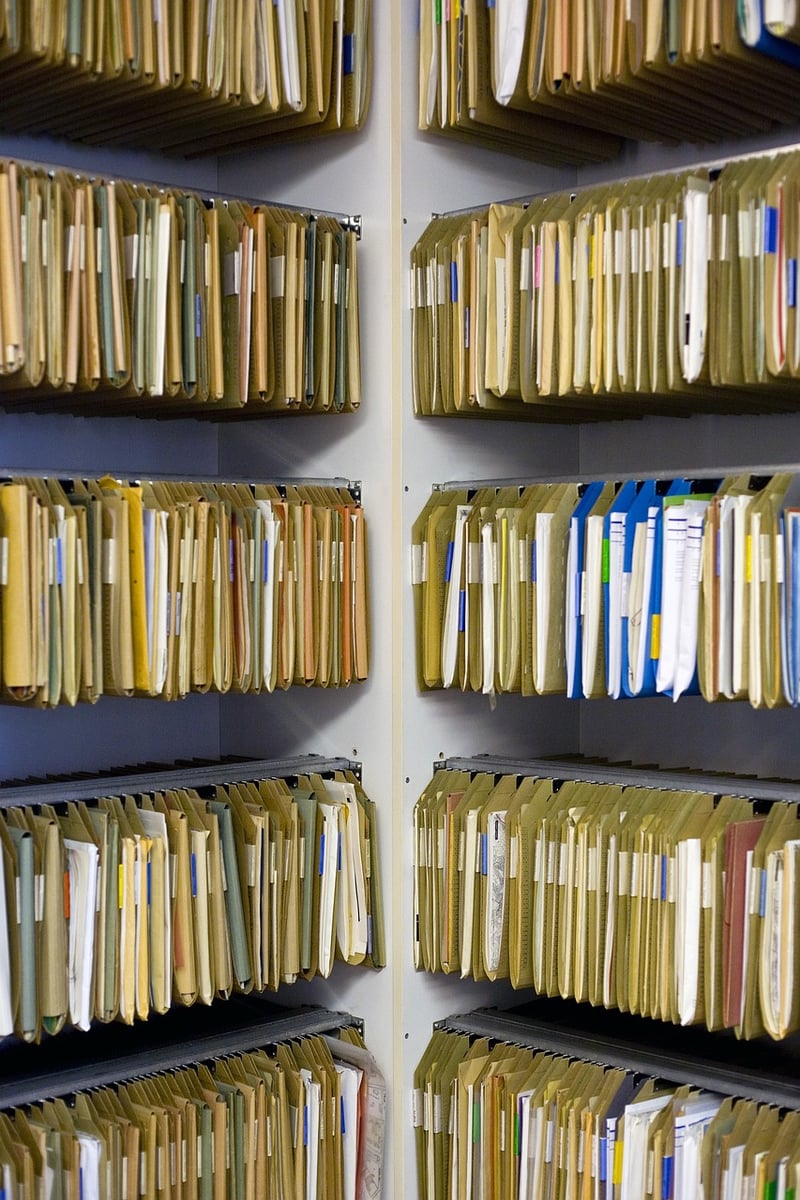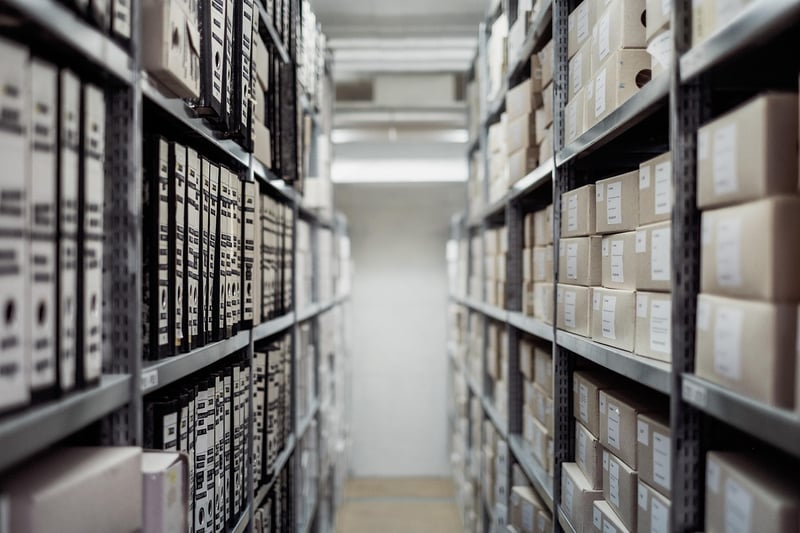Historical Archives
The Importance of Historical Archives
Historical archives play a crucial role in preserving our past, providing valuable insights into our history, culture, and heritage. These repositories of documents, records, photographs, and other materials are essential for researchers, historians, genealogists, and the general public to understand and appreciate the events and people that have shaped our world.
Why Are Historical Archives Important?
1. Preserving History: Historical archives ensure that important documents and records are safeguarded for future generations, preventing valuable information from being lost or destroyed.
2. Research and Education: Researchers and scholars rely on historical archives to study the past, analyze trends, and gain a deeper understanding of various subjects, from politics and economics to social movements and cultural developments.
3. Genealogy and Family History: Historical archives are a treasure trove for individuals tracing their family roots and genealogy. Birth records, marriage certificates, census data, and other documents housed in archives provide valuable insights into one's ancestry.
4. Preserving Cultural Heritage: Archives contain a wealth of information about art, literature, music, and other cultural artifacts, helping to preserve and promote our cultural heritage for future generations.
Exploring Historical Archives Online
Many historical archives have digitized their collections, making them accessible to a global audience through online platforms. This digital transformation has revolutionized the way we access and interact with historical materials, enabling researchers and enthusiasts to explore archives from the comfort of their homes.
Some popular online historical archives include:
- National Archives and Records Administration (NARA)
- Library of Congress Digital Collections
- British Newspaper Archive
- Europeana
Importance of References and Information
References and information found in historical archives are critical for ensuring the accuracy and credibility of research and publications. Proper citation of sources not only acknowledges the work of others but also allows readers to verify the information and delve deeper into the subject matter.
Researchers should meticulously document their sources, including archive names, document titles, publication dates, and page numbers, to uphold academic integrity and contribute to the advancement of knowledge in their respective fields.
Conclusion
Historical archives are invaluable repositories of our collective memory, offering a window into the past and enriching our understanding of the world around us. By exploring these archives, referencing reliable sources, and upholding scholarly standards, we can continue to uncover new insights and preserve our history for future generations to appreciate and learn from.


